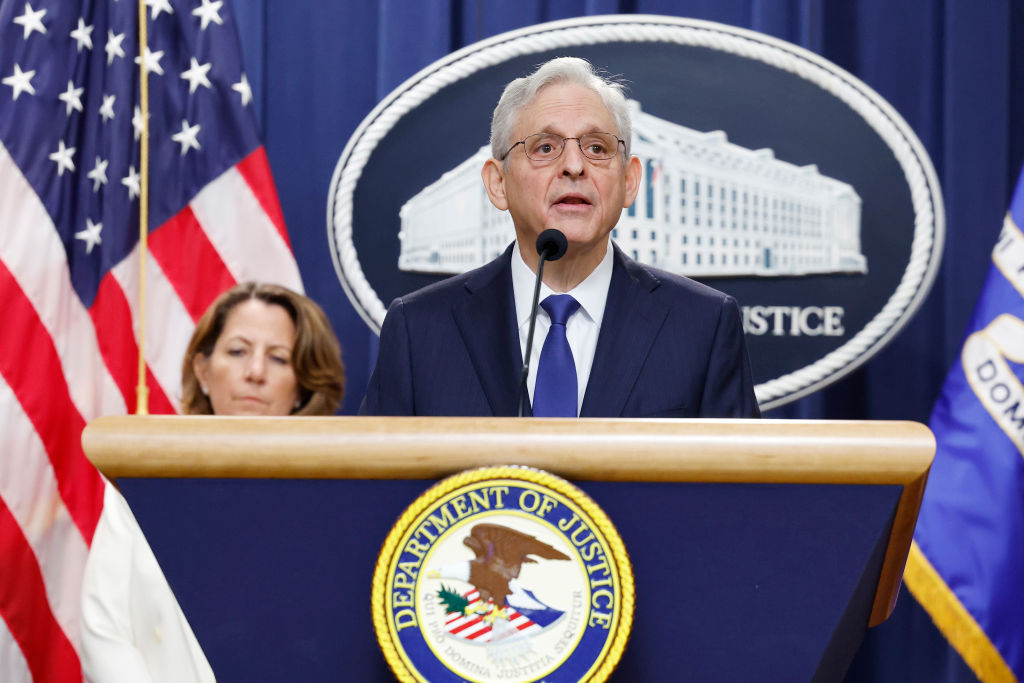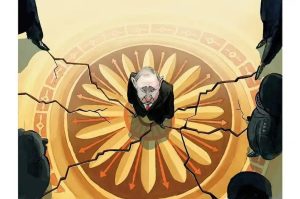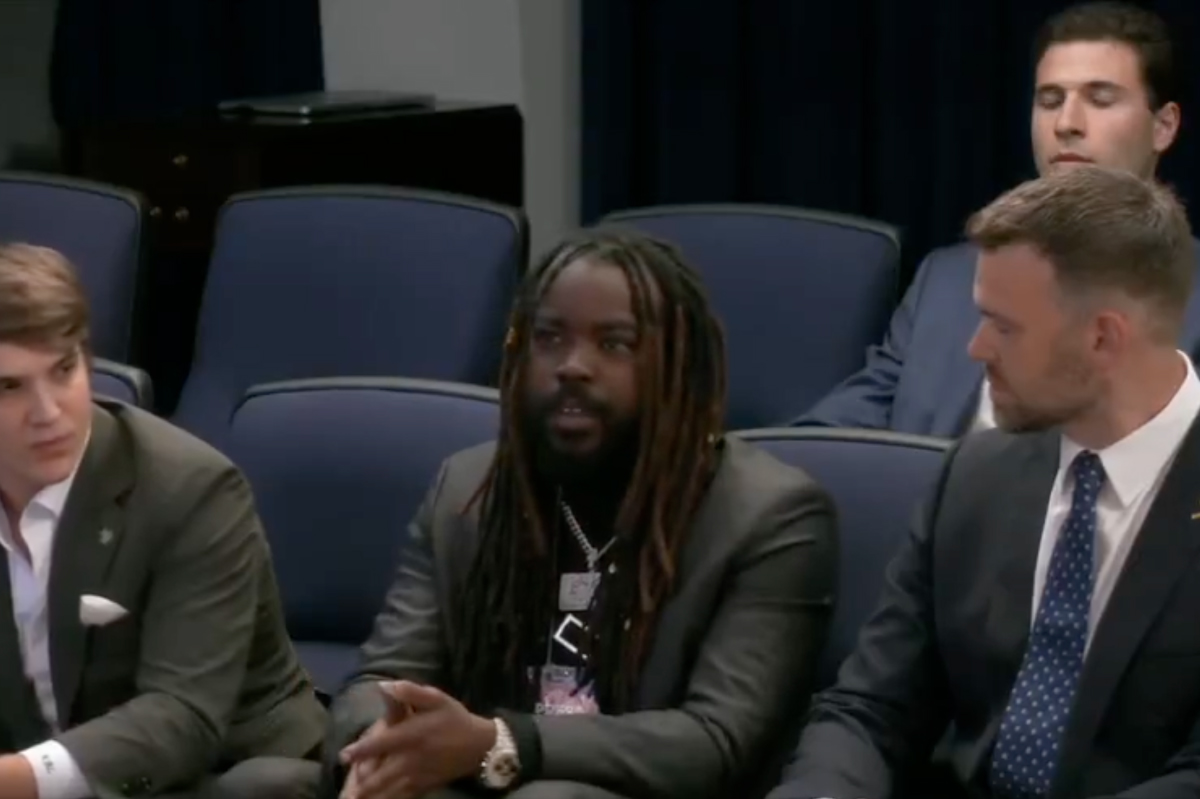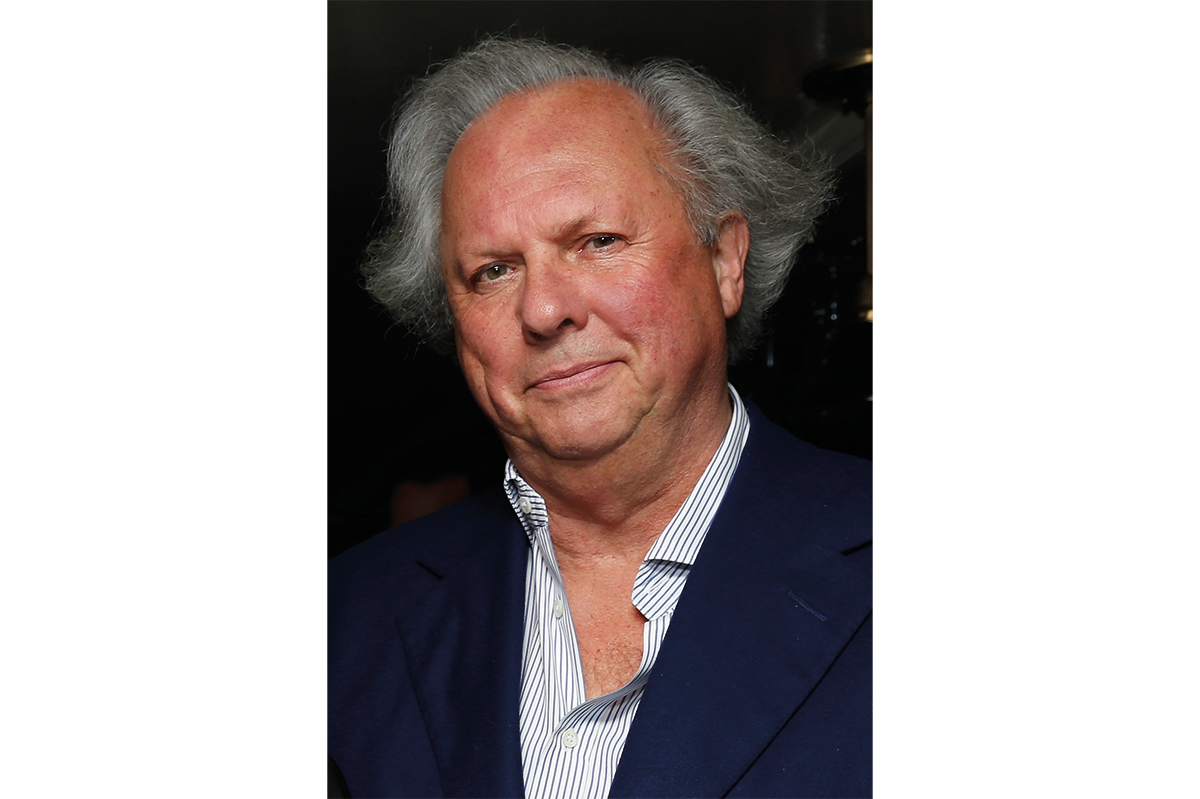Tim Pool, Benny Johnson, Dave Rubin and Lauren Southern aren’t household names, but they each have enormous, dedicated followings online. Their podcasts and videos all promote similar narratives: liberal values are destroying the West, Ukraine is America’s enemy, Covid vaccines are harmful and pointless and that Donald Trump, though flawed, is the United States’ last hope before it becomes a communist murderdome ruled by trans Venezuelan drug gangs.
When these influencers came together in November last year to launch Tenet Media, it didn’t make a lot of sense. Each already had their own brand and platform. How would this new media company benefit them?
RT is awash with cash despite tough sanctions and isn’t shy about spending it
This week, the US Department of Justice (DoJ) answered that question. In an indictment, the DoJ alleged that an unnamed media company, believed to be Tenet Media, was effectively a vehicle for funneling Russian government money to these influencers, paying some of them $100,000 for each video they produced. There is no suggestion that the influencers knew that their real benefactor was the Russian government.
The two Russians charged with money laundering and foreign influence offenses, Kostiantyn Kalashnikov and Elena Afanasyeva, are employees of RT. The network had always promoted blatant propaganda, but I was still uncomfortable when the UK, European Union and Canada banned the channel in 2022. I was wrong. In July, Western governments exposed and seized an AI-powered botnet that could create and run hundreds of fake Twitter profiles to push Russian government propaganda. The network was created by the deputy editor-in-chief of RT and run by RT employees. After this new indictment, it’s clear that RT isn’t a media outlet at all; it’s an information warfare arm of Russian intelligence.
Another arm, also targeted by the US government this week, is known as Doppelgänger. In this long-running operation, Russian agents created fake versions of major Western news websites and loaded them with fake stories and fraudulent op-eds stoking domestic divisions and pushing Kremlin talking points. These fake stories were seeded over social media using bots and paid ads. In the UK, for example, Doppelgänger helped boost conspiracy theories about Catherine, Princess of Wales and her cancer treatment.
Russian operations in the West may not be restricted to the information war. Four British men were charged with arson for allegedly taking Russian money to burn down Ukrainian targets in the UK in April. Similar attacks have been reported in Poland and the Czech Republic. And of course the assassinations continue too, like the killing of Russian defector Maksim Kuzminov in Spain in February.
The Tenet indictment takes pains to state that the influencers didn’t know they were taking Russian money. Two of them even asked to speak to the fictional Hungarian businessman who was claimed to be the source of the funding. But I have to wonder if they suspected something must be fishy, even if they didn’t know what.
It reminded me of what a hedge fund friend told me about Bernie Madoff: people didn’t know it was a Ponzi scheme, but with Madoff’s fund’s huge market-beating annual returns, many investors knew (or should have known) that something was wrong. Some assumed he must be investing in drug smuggling, or illegal arms, so they didn’t want to ask too many questions. And no questions suited Bernie Madoff just fine.
After spending nearly $10 million on this network, what did the Russians get for their money? In a sense, not much. Pool, Rubin, Johnson and the others claim that Tenet (and therefore Russia) had little to no editorial control over their output. They didn’t need to be paid to take Putin’s side and slander Ukraine, or insist that Russia never meddled in the 2016 election. That’s what they believe anyway — or at least, it’s the content their audiences demand.
Part of me wonders if this wasn’t just a project of ambitious Russian propaganda officers with a big budget trying to impress their bosses. They found high-profile Americans who already promoted the messages they wanted out there, found a way to get them unwittingly on the payroll, and then they were able to claim credit in Moscow for the content that would have been created for free. And as a bonus, maybe one day they would have knocked on Tim Pool or Lauren Southern’s door seeking to compromise them with blackmail about the real source of the money, though the FBI rolled up the network before that could happen.
By nation-state standards, $10 million is a rounding error. But by Russian intelligence standards, it’s quite a lot, especially given the multiple front companies in the UK, Czech Republic and UAE that they used to launder the funds. RT is awash with cash despite tough sanctions and isn’t shy about spending it.
So we’re left with the question: was Tenet the only allegedly Russian-funded media operation to push Kremlin talking points? The only one in the world, out of all the influencers and groups on the populist right and anti-hegemonic left? Especially when most influencers would cost a lot less than a hundred grand a video? Does that seem very likely?
Perhaps we’ll never know.
This article was originally published on The Spectator’s UK website.


























Leave a Reply